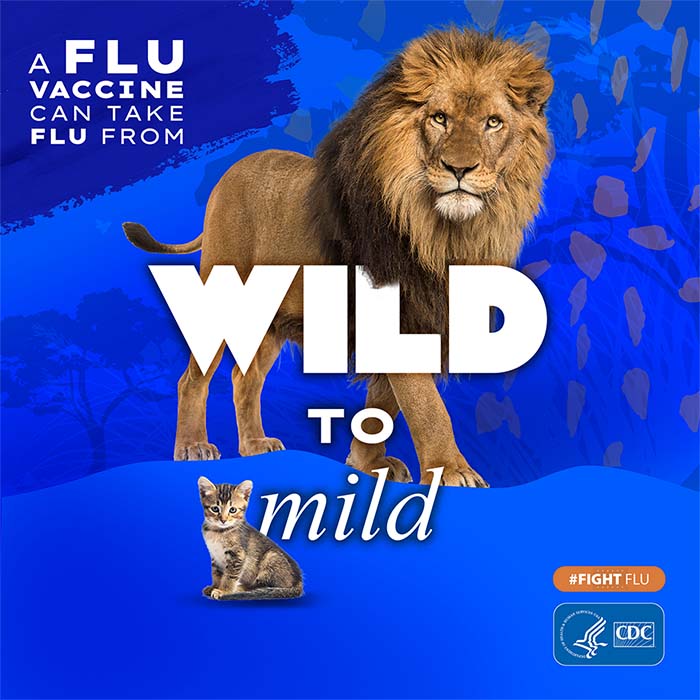Antiviral Drugs for Seasonal Influenza: Additional Links and Resources
The information on this page should be considered current for the current influenza season for clinical practice regarding the use of influenza antiviral medications. Also see the current summary of recommendations available at Influenza Antiviral Medications: Summary for Clinicians and a list of related references at Antiviral References.
Antiviral Treatment Recommendations are available.
Neuraminidase Inhibitors
Neuraminidase Inhibitors are chemically related antiviral medications that block the viral neuraminidase enzyme and have activity against both influenza A and B viruses. The neuraminidase inhibitors include:
- Oseltamivir (available as a generic or under the trade name Tamiflu® for oral administration) is FDA-approved for early treatment of uncomplicated influenza in people two weeks and older, and for chemoprophylaxis to prevent influenza in people one year and older. Although not part of the FDA-approved indications, use of oral oseltamivir for treatment of influenza in infants younger than 14 days old, and for chemoprophylaxis in infants 3 months to 1 year, is recommended by CDC and the American Academy of Pediatrics. If a child is younger than 3 months old, use of oseltamivir for chemoprophylaxis is not recommended unless the situation is judged critical, due to limited data in this age group.
- Zanamivir (trade name Relenza®) for oral inhalation is FDA-approved for early treatment of uncomplicated influenza in people 7 years and older and to prevent influenza in people 5 years and older. It is not recommended for use in people with underlying respiratory disease, including people with asthma.
- Peramivir (trade name Rapivab®) for intravenous administration is FDA-approved for early treatment of uncomplicated influenza in people 6 months and older.
Cap-dependent Endonuclease Inhibitor
An endonuclease inhibitor has a different mechanism of action than a neuraminidase inhibitor. Endonuclease inhibitors interfere with viral RNA transcription and block virus replication in both influenza A and B viruses. There is only one approved cap-dependent endonuclease inhibitor:
- Baloxavir marboxil (trade name Xofluza®) for oral administration is FDA-approved for early treatment of uncomplicated influenza in otherwise healthy non-high risk people 5 years to less than 12 years and for all persons 12 years and older, and for post-exposure prophylaxis of influenza in people 5 years and older. Baloxavir is not recommended for pregnant women, immunocompromised persons, breastfeeding mothers, outpatients with complicated or progressive illness, or hospitalized patients.
Adamantanes
The adamantanes target the M2 ion channel protein of influenza A viruses. (Therefore, these medications are active against influenza A viruses, but not influenza B viruses.) The adamantanes are not currently recommended for use in the United States because of widespread antiviral resistance in circulating influenza A viruses. The adamantanes include:
- Amantadine (generic) for oral administration is FDA-approved to treat and prevent only influenza A viruses in people older than 1 year.
- Rimantadine (generic or under the trade name Flumadine®) for oral administration is FDA-approved to prevent only influenza A virus infection among people older than 1 year. It is approved to treat only influenza A virus infections in people 17 years and older.
Information about antiviral resistance is available: Influenza Antiviral Drug Resistance
For CDC’s clinician guidance on the use of influenza antiviral medications, visit Influenza Antiviral Medications: Summary for Clinicians.
Find package inserts and label updates for approved drug products at Drugs@FDA.
